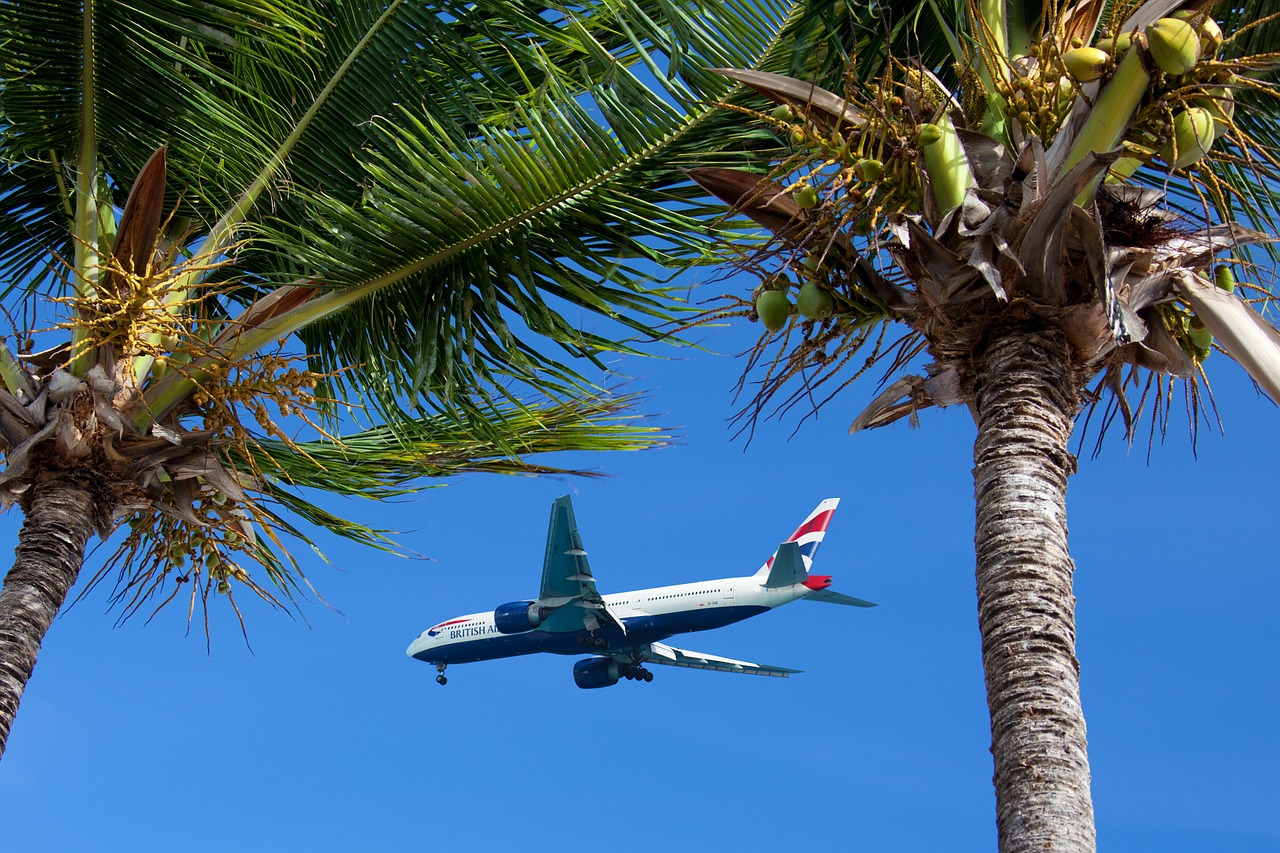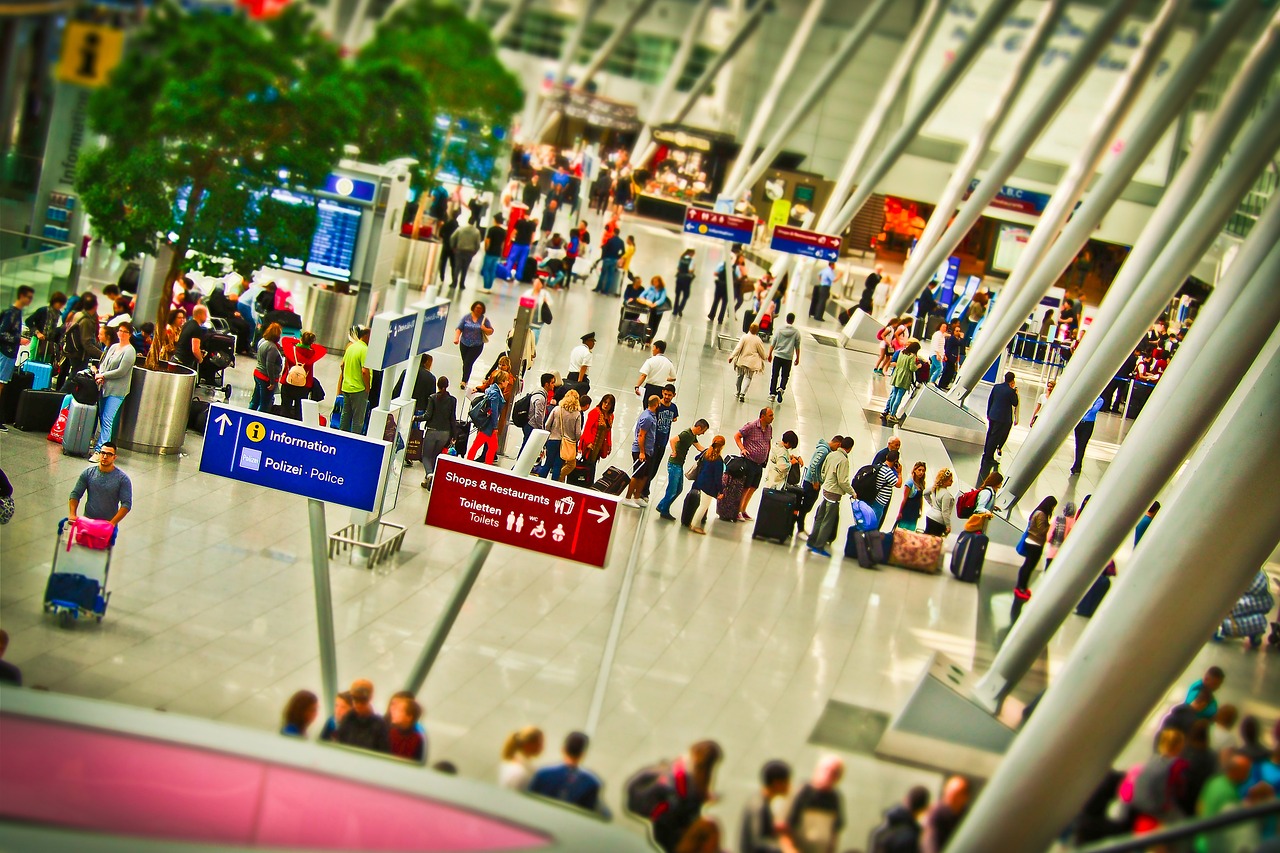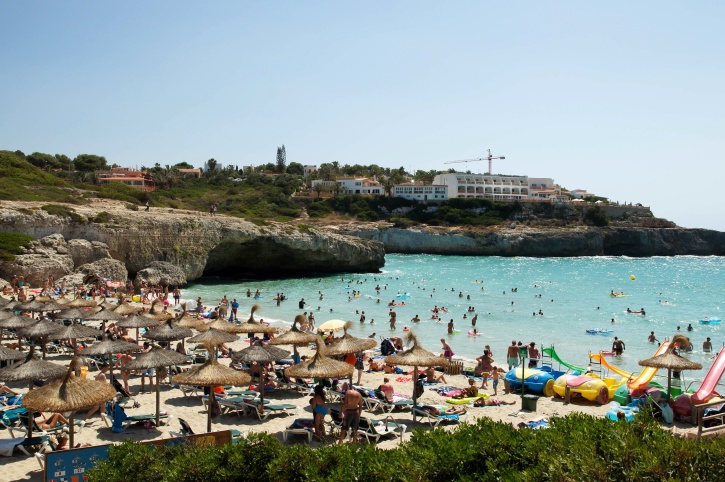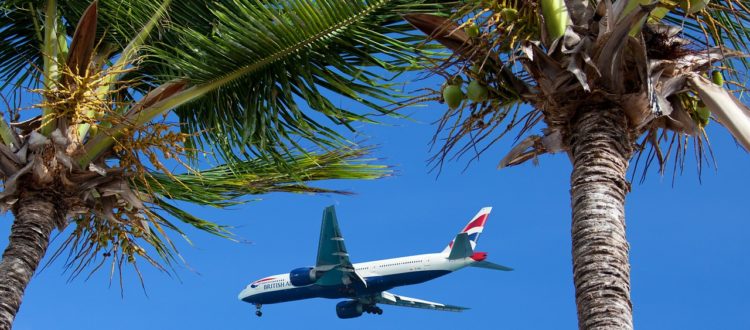Tourism, responsible for 8% of greenhouse gas emissions
If we already knew that tourism was a worrying activity because of its environmental impacts, a new study published in Nature Climate Change shows that it is far too underrated. Tourism is today one of the largest and fastest growing economic sectors in the world. France remains the world’s leading tourist destination with 89 million foreign tourists in 2017. But this holiday landscape is unfortunately tainted by the pollution generated by tourism on the planet : it now represents 8% of global greenhouse gas emissions.

The ceaseless pollution of tourism
According to the European Environment Agency (EEA), tourism contributes in large part to the increase of pollution via means of transport. Air traffic (which is doing very well since the number of passengers is expected to double by 2036, to 7.8 billion per year), is the first accused. In a previous article, the OMPE had indicated that a trip of 500 km round trip rejected between 145 and 241 kg of CO2… per passenger ! It is therefore not surprising that aviation alone accounts for almost 2% of global CO2 emissions. In 2014, the first tourism carbon report published by the Île-de-France Region indicated that of the 17.5 million CO2 related to tourism in Île-de-France, 67.8% came from air traffic, 18, 3% of the use of the car, 3.1% of the train, 0.5% of the coach and 0.1% of the boat. And if some are tempted by rocket tourism (as planned at the end of 2018), know that rocket launches account for about 1% of the causes of ozone depletion related to human activities. The number of launches for tourism purposes will be closely watched…

The remaining percentages of air pollution are related to the accommodation and food services sectors. In fact, the means of transport are not the only ones responsible for the incessant pollution of tourism. In the field of accommodation, for example, the ecological impact is largely constituted by the laundering and cleaning of textiles : nearly 15,000 tons of detergents and other laundry products are used each year by French hotels.
Tourism induces an upheaval of landscapes and biodiversity
The Balearic Islands, which welcome nearly 11 million tourists each year (for a population of 800,000 people year-round), see their coasts, fine sand and turquoise waters polluted by increased tourism. In addition to receiving a large part of the 635,000 tonnes of oil released in the Mediterranean sea currents, the Balearic Islands have experienced the concreting of the coast, the creation of an airport, highways and the multiplication of ferries in a few years only. A development that deeply has local biodiversity…

Ditto Mallorca, where tourism alone accounts for 80% of the island’s economy. In February 2018, to reduce the nuisance caused by tourists, the Balearic Islands, Ibiza and Mallorca have planned the ban on diesel cars from 2025 and gasoline cars from 2035 to reach a fleet 100% electric. In addition, since 2015, each tourist has to pay a € 2 tax to contribute to the protection of heritage and nature.



